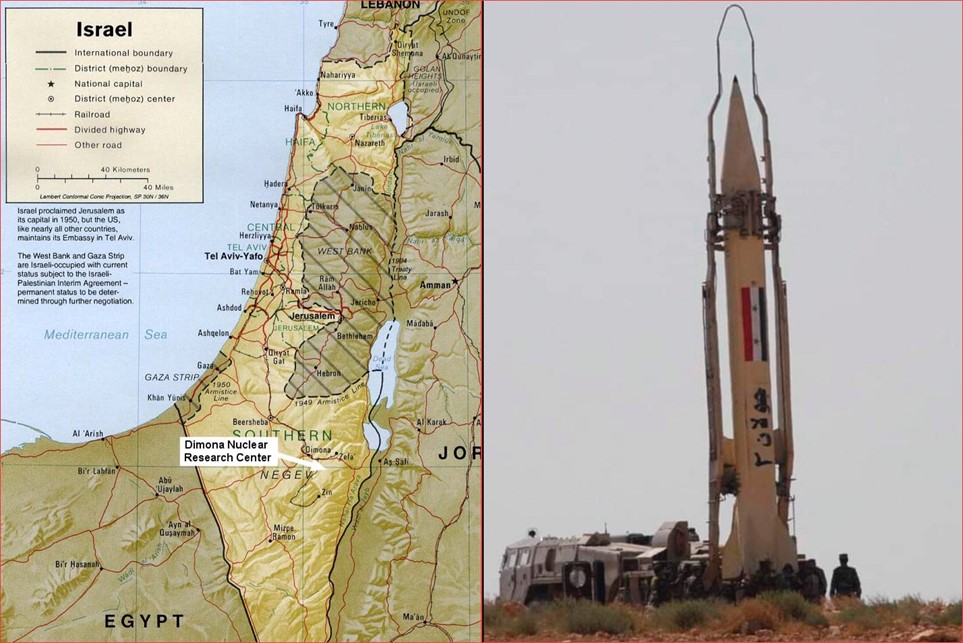Given the weight of the events in the last 24 hours Amaraia shares a number of information on the recent Israeli aggression on Syria, and the Syrian response. A response that could signal that this was the last open Israeli aggression.
During the last few years of war on Syria Israel launched regular areal aggressions and bombardments against Syria. Most of these targeted the area of the capital Damascus, its airport, military positions in different parts of Syria, but this year also Eastern Syrian positions. These broad attacks were mostly confronted by the Syrian air defense and caused limited damage, but several times claimed the lives of Syrian soldiers and civilians.
According to official Syrian sources, on 22 April, 01:38 a.m. local time Israel launched its latest attack against Syrian positions close to Damascus injuring 4 Syrian soldiers and causing limited damages. This time, however, the Syrian response was swift with a sobering message.
Two hours after the Israeli strike Syria launched an SA-5 ground ground-to-air missile landing in the close proximity of Dimona, Israel’s officially denied only nuclear facility.
At first, Syria did not comment on the news officially, but about the event sent an official statement to the U.N. and the Security Council to condemn the Israeli aggression. The statement also had a noteworthy message, saying Syria “will not hesitate to exercise its right to defend its land, its people and its sovereignty in every way stated by the U.N. Charter and the resolutions of the international law”.
During Thursday the news in social media, just like the videos from Dimona itself spread to such a level that the Israeli media had to respond. Especially, because the event has important details. First, Dimona and the area surrounding it in the Negev Desert is a vital military district for Tel Aviv, which in the case suffered an attack, could have devastating effects. Secondly, the area is deemed to be well beyond the reach of any forces the Israeli leadership considers to be a threat. However, the Syrian missile could not only hit the target with precision – not the nuclear facility itself -, but that happened without any reaction from the Israeli Air Defense.
Utilizing technical assistance from a number of states, the Israeli war industry designed a number of air defense systems allegedly being state-of-the-art weapons. Tel Aviv also exports some of these to a number of states. This time, however, they not only failed, but they also seem to have not even responded.
The fact was undeniable and the Israeli media had to deal with it. Though the implications could not have been hidden, the series of justifications started soon afterward. First claiming that the missile itself did not target Dimona. Then that it exploded in mid-air, and that is why the air defense could not react. Later it was alleged that the missile did not reach its target, it only landed in this sensitive area “by mistake”.
The same day Israeli newspaper Haaretz claimed that in fact, the explosions happened in a very sensitive missile factory manufacturing air defense missiles. Though this report had no indication about the Syria strike, it indirectly admitted that the strike – if in fact the two things are connected, which is highly likely – was a precision hit on a very sensitive target. That is beyond the alarming message that Syria can reach Dimona.
So far Syria seldom responded openly to the Israeli aggressions. The last time it did was in 2018 when Syrian air defense shot down an Israeli F-16 warplane. Since then the Israeli planes never entered the Syrian airspace again and launched all their attacks from abounding Lebanon, international waters, the Occupied Golan Heights, or the illegal American bases in Eastern Syria.
Recently there were indications that Syria’s patience to avoid an open confrontation is over, and Russia signaled the same message. This response by Damascus is a sobering message that Syria is able and willing to hit back, with full awareness of the most sensitive Israeli targets. The strike bares stunning similarities to the Yemeni strikes on Saudi oil and military installations, which also left air defense unable to react.
A clear message with many noteworthy details, surely well understood in Tel Aviv.


